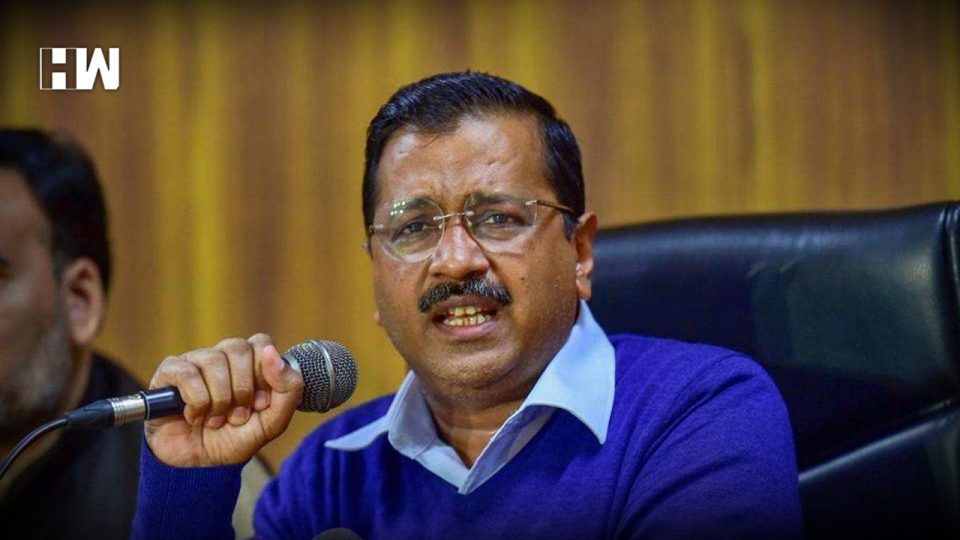New Delhi | The AAP government on Monday moved the Supreme Court seeking constitution of a larger bench to expeditiously decide the issue of control over administrative services in Delhi.
A bench headed by Chief Justice Ranjan Gogoi told the Delhi government counsel that it will look into the matter. The apex court had on February 14 referred the issue of control of services to a larger bench after delivering a split verdict.
The two-judge bench had said that the Centre should have the final word on posting and transfer of bureaucrats in the national capital administration, but their disagreement on finer details resulted in a split verdict and the matter got referred to a larger bench.
The bench, which was called upon to decide on six vexatious issues pertaining to a long-running feud between the central and the national capital governments, had given a unanimous verdict on the remaining five counts and had ruled that the Delhi government’s Anti-Corruption Branch (ACB) cannot probe the Centre’s employees in corruption cases.
Out of six contentions issues, the Delhi government had won in three and lost to the Centre on two critical aspects of investigating power to probe central government employees and for setting up of inquiry commissions.
While it left for a larger bench to conclusively decide who will have control over administrative services in the national capital, the apex court had unanimously ruled that the power to appoint inquiry commissions would rest with the Centre as “there is no ‘State Government’ in the Union Territory and the State Government (for this purpose) shall mean the Central Government”.
In its 202-page verdict, the court had however held that the elected Delhi government will have the right to appoint public prosecutors, to decide land revenue matters and also to appoint or deal with electricity commission or board.
On the most contentious issue, Justice A K Sikri had said: “The transfers and postings of secretaries, heads of departments and other officers in the scale of Joint Secretary to the Government of India and above can be done by the Lieutenant Governor and the file submitted to him directly.
“For other levels, including DANICS (Delhi, Andaman and Nicobar Islands Civil Service) officers, files can be routed through the chief minister to L-G. In case of difference of opinion between the L-G and the chief minister, the view of the L-G should prevail and the Ministry of Home Affairs can issue a suitable notification.”
Justice Sikri noted that all transfers and postings for Grade III and IV DASS (Delhi Administration Subordinate Service) are done by the Secretary (Services), while those for Grades I and II are done by the Chief Secretary.
For “greater transparency” in transfer and posting of officers of this cadre, he suggested a civil services board headed by the Secretary (Services) for the Grade III and IV officials and by the Chief Secretary for the Grade I and II.
However, Justice Ashok Bhushan, in his dissenting view, was more blunt and had held that the power to regulate transfer and posting of officers working for the Delhi government was not available to its assembly in the first place under the Constitution.
“With regard to ‘services’, the GNCTD (Government of National Capital Territory of Delhi) can exercise only those executive powers, which can be exercised by it under any law framed by Parliament or it may exercise those executive powers, which have been delegated to it.” he said.
A five-judge bench had on July 4, 2018 laid down broad parameters for governance of the national capital, which has witnessed a power struggle between the Centre and the Delhi government ever since the AAP came to power in 2014.
In the landmark verdict, it had unanimously held that Delhi cannot be accorded the status of a state but clipped the L-G’s powers, saying he has no “independent decision making power” and has to act on the aid and advice of the elected government.
As an independent media platform, we do not take advertisements from governments and corporate houses. It is you, our readers, who have supported us on our journey to do honest and unbiased journalism. Please contribute, so that we can continue to do the same in future.

